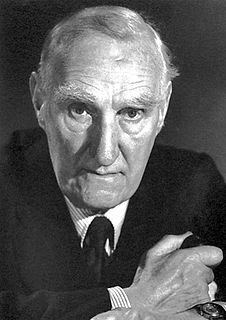A Quote by Earl Warren
The police must obey the law while enforcing the law.
Related Quotes
The abhorrence of society to the use of involuntary confessions does not turn alone on their inherent untrustworthiness. It also turns on the deep-rooted feeling that the police must obey the law while enforcing the law; that, in the end, life and liberty can be as much endangered from illegal methods used to convict those thought to be criminals as from the actual criminals themselves.
[T]he guilty as well as the innocent are entitled to due process of law. They are entitled to a fair trial. They are entitled to counsel. They are entitled to fair treatment from the police. The law enforcement officer has the same duty as the citizen-indeed, he has a higher duty-to abide by the letter and spirit of our Constitution and laws. You yourselves must be careful to obey the letter of the law. You yourselves must be intellectually honest in the enforcement of the law.
I do not agree with the use of 'signing statements' to effectively act as a line-item veto, except when the President believes a law or a provision within a law is unconstitutional.In general, if a President signs a law, they are committing themselves to enforcing it. If they don't believe it should become a law, they should veto it.
There is one all-important law of human conduct. If we obey that law, we shall almost never get into trouble. In fact, that law, if obeyed, will bring us countless friends and constant happiness. But the very instant we break the law, we shall get into endless trouble. The law is this: Always make the other person feel important.
For those who have only to obey, law is what the sovereign commands. For the sovereign, in the throes of deciding what he ought to command, this view of law is singularly empty of light and leading. In the dispersed sovereignty of modern states, and especially in times of rapid social change, law must look to the future as well as to history and precedent, and to what is possible and right as well as to what is actual.
The law is equal before all of us; but we are not all equal before the law. Virtually there is one law for the rich and another for the poor, one law for the cunning and another for the simple, one law for the forceful and another for the feeble, one law for the ignorant and another for the learned, one law for the brave and another for the timid, and within family limits one law for the parent and no law at all for the child.
































